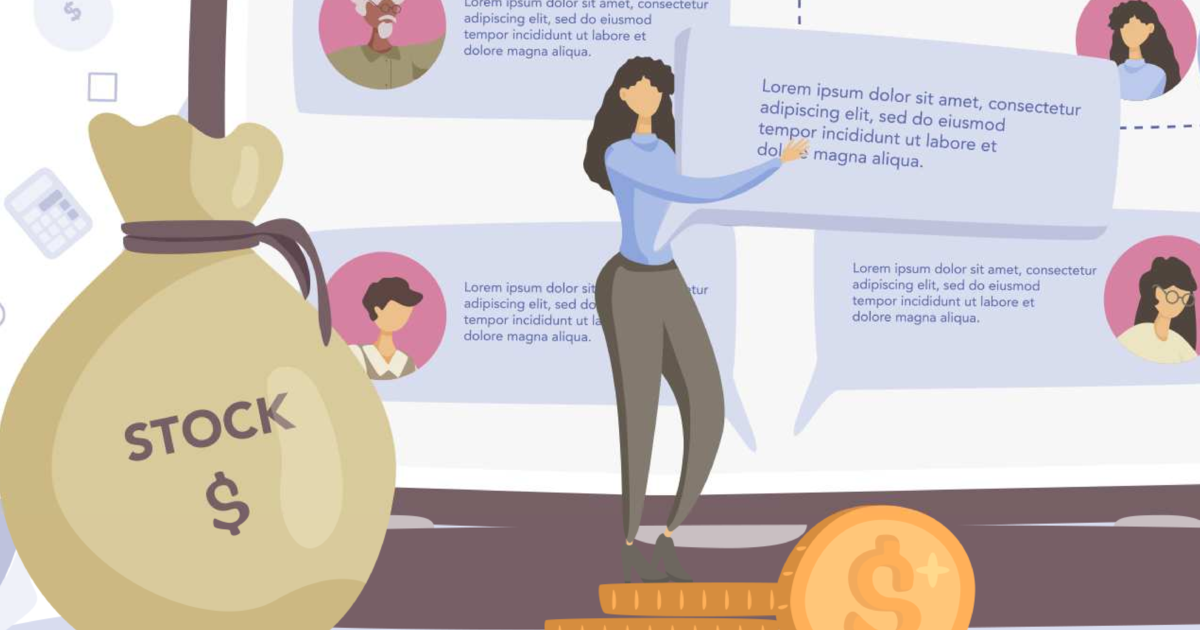Misslou
It's interesting that the Grai VIP is "a third–gen product" - so we are essentially comparing Akida v1 to Graimatter v3
It's on 12nm, which means they can squeeze a lot more into it
From cursory glance, Akida has 1.2 million neurons and 10 billion synapses vs VIP ones 48 million neurons... Grai only list "parameters" though and don't specify synapses
My understanding is the # of parameters that the chip can hold is calculated by doing something with the # of neurons and the # of synapses - I'll look for how this is calculated, but I remember
@FrederikSchack digging in extremely deeply into this line of questioning, so maybe he could shed some light on how neurons/synapses/parameters are calculated
BrainChip has identified Grai Matter as the "nearest competitor" in their AGM presentation
There is a bunch of shared history between the two companies:
What is JAST? https://www.researchgate.net/profile/Amirreza_Yousefzadeh/publication/319410728_Unsupervised_learning_of_repeating_patterns_using_a_novel_STDP_based_algorithm/links/5b4932cc0f7e9b4637d5e6ba/Unsupervised-learning-of-repeating-patterns-using-a-novel-STDP-based-algorithm.pdf...

thestockexchange.com.au
Hopefully this is helpful





